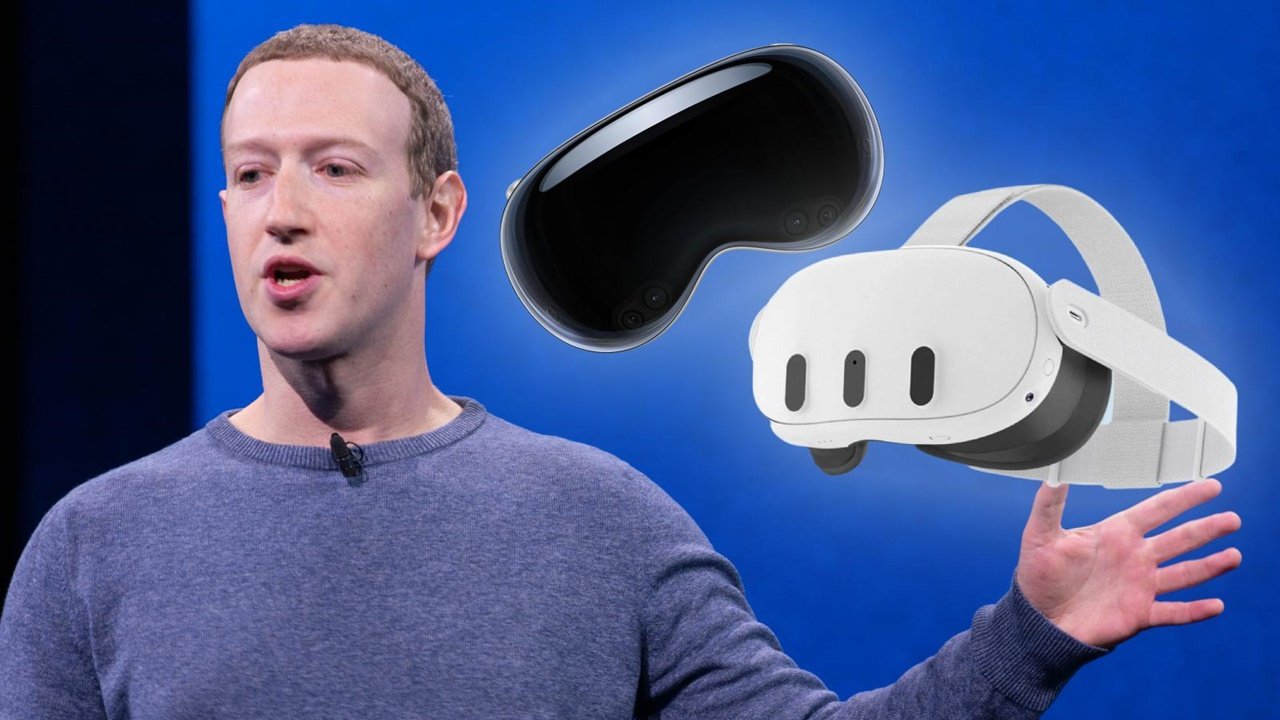Meta Opens the Quest Operating System to Third-Party Device Makers
Meta, the leading virtual reality (VR) company, has recently made a significant announcement that is set to reshape the VR landscape. The company has opened its Quest operating system to third-party device makers, allowing them to integrate their hardware with Meta’s powerful software platform. This move is expected to expand the accessibility of immersive experiences across various platforms, making VR more widely available to a larger audience.
Expanding the VR Landscape
By opening its Quest operating system to third-party device makers, Meta is taking a major step towards creating a more open and collaborative VR ecosystem. This move allows other hardware manufacturers to leverage Meta’s software expertise and create innovative VR devices that are compatible with the Quest platform. As a result, users will have a wider range of options when it comes to choosing a VR headset, and developers will have more opportunities to create compelling content for these devices.
The expansion of the VR landscape through this collaboration between Meta and third-party device makers is expected to drive competition and innovation in the industry. With more players entering the market, we can anticipate advancements in hardware capabilities, improved user experiences, and a greater variety of VR applications and games.
Enhancing Accessibility of Immersive Experiences
One of the key benefits of Meta’s decision to open its Quest operating system is the increased accessibility of immersive experiences. By allowing third-party device makers to integrate their hardware with the Quest platform, Meta is enabling VR to reach a broader audience. This means that more people will have the opportunity to experience the wonders of virtual reality, regardless of the specific VR headset they choose.
With the Quest operating system becoming available on a wider range of devices, VR experiences will become more accessible across various platforms. This move has the potential to break down barriers and make VR a more inclusive technology. It opens up opportunities for educational institutions, businesses, and individuals to explore the benefits of VR in different settings and industries.
Furthermore, the collaboration between Meta and third-party device makers is likely to result in more affordable VR options. As competition increases and more manufacturers enter the market, we can expect prices to become more competitive. This will make VR more affordable for consumers, further enhancing its accessibility and popularity.
The Future of VR
Meta’s decision to open its Quest operating system to third-party device makers marks a significant milestone in the development of VR technology. By fostering collaboration and innovation, Meta is driving the industry forward and creating new possibilities for immersive experiences.
As the VR landscape continues to evolve, we can expect to see a greater variety of VR devices, improved hardware capabilities, and a growing library of content. This will not only benefit consumers who are looking for more options and better experiences but also developers who will have a larger market to cater to.
With Meta’s Quest operating system becoming more accessible to third-party device makers, the future of VR looks promising. The expansion of the VR landscape and the enhanced accessibility of immersive experiences will undoubtedly have a positive impact on the industry as a whole.
As VR continues to advance and become more mainstream, it is an exciting time for both technology enthusiasts and businesses alike. The collaboration between Meta and third-party device makers is a significant step towards making VR a ubiquitous technology that can be enjoyed by everyone.




































